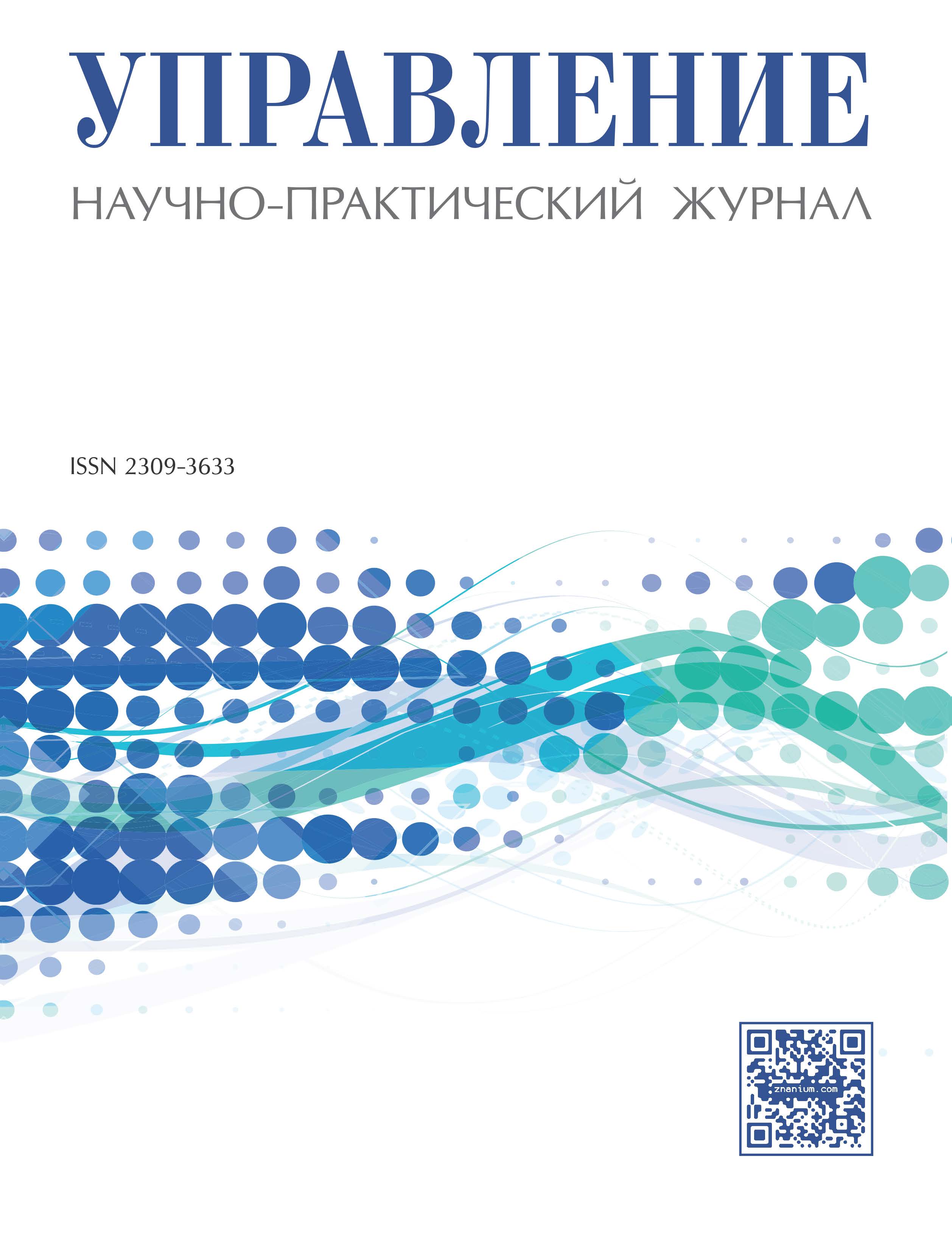The essence of methodological approach to an enterprise’s income and expenses classifier development is revealed in this paper. This approach takes into account the fundamentals of international financial reporting standards (IFRS). Three factors that confirm the fundamental changes in financial management quality in Russia have been emphasized. The author accentuates that the changes quality strongly depends on company and industry size, but the financial management culture is developing rather unevenly. In Russia the unambiguous understanding of the term “real economy” hasn’t been created yet. In some non-production sectors, including the sports one, which is actively supported at the state level, the management quality is behind the large state companies. This fact provides a great field of research for young Russian scientists. In that regard, the evolution of IFRS in Russia is analyzed in this paper. Specific group of companies for which the reporting use question is critical. In the context of proposed in this work methodical approach to the development of financial items classifier for the company budgets, the author explains the difference between the principles of Russian and international financial accounting standards. It is stated that even today some of the IFRS principles can be used to improve the system of financial management and budgeting at the enterprises. The author describes the budgeting implementing process and notes possibilities for using the IFRS principles in the budgeting. The role of financial items classifier formation in the budgeting implementation process has been analyzed in this paper. A comparative analysis of budget’s revenue and expenditure versus budget’s cash flow in conjunction with the IFRS figures has been carried out. Interpretation of comparative analysis data allows see the reasons for discrepancies between profit and cash flow. The comparative analysis results have been presented as a summary table. Logical structure and principles of items grouping are the basis for formation of unified chart of accounts for the enterprise, as well as for operational and financial budgets development.
financial management, budgeting, IFRS, costs classification.
1. Zhilkina A.N. Financial management in postindustrial economy. Vestnik Universiteta [The university journal], 2015, I. 1, рp. 185. (in Russian)
2. Tolstova T. Introduction of budgeting in small and mediumsized businesses. Finansovy director [Financial director], 2014, I. 7-8, pp. 45-64 (in Russian)
3. Trachenko M.B. Aktual´nye problemy byudzhetirovaniya [Actual budgeting problems]. Moscow, GUU Publ., 2009, pp. 126-165.
4. Biznes i problemy dolgosrochnogo ustoychivogo sotsial´noekonomicheskogo razvitiya [Business problems and long-term sustainable economic and social development]. I. 14. Moscow, GUU Publ., 2013, p. 194.
5. Ustoychivoe razvitie. Braziliya posle chempionata mira 2014 goda po futbolu. Vliyanie Kubka mira-2014 na sotsial´noekonomicheskoe razvitie strany [Sustainable development. Brazil after the World Cup 2014 football. Infl uence of the 2014 World Cup on the socio-economic development of the country]. Available at: http://www.ey.com/Publication/vwLUAssets/FIFA-miolo-ingles-RU/$FILE/FIFA-mioloingles-RU.pdf (accessed 10 December 2015)







